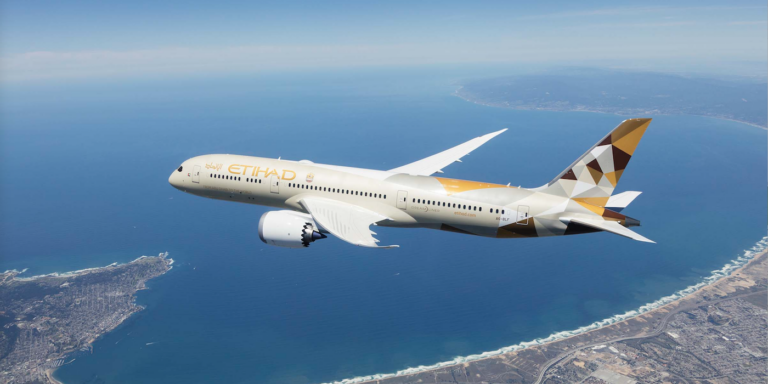A directive has been issued by the United Arab Emirates’ (UAE) National Emergency Crisis and Disaster Management Authority, and General Civil Aviation Authority (GCAA) to temporarily suspend all passenger services to and from the UAE. However, the UAE’s aviation industry is adjusting its operations to help the world control and combat the Covid-19 crisis.
Etihad Cargo is an obvious player in connecting key cargo markets and ensuring the UAE’s import and export needs are adequately covered in line with current demand, with cargo including fruits, vegetables, meat, medical supplies, mail and ecommerce.
However, to complement its fleet of Boeing 777 Freighters, Etihad Cargo is introducing a fleet of Boeing 787-10 passenger aircraft from it sister airline, Etihad Airways, to serve as passenger freighters operating 34 weekly flights, serving 10 markets initially. Each aircraft will provide capacity for 12 lower deck pallets and four containers, carrying up to 45 tons of payload.
The passenger freighter network will introduce capacity into India, Thailand, Singapore, Philippines, Indonesia, South Korea and other places where borders remain open for cargo. The freighter schedule is also being enhanced by additional flights into Riyadh, London, Hong Kong and Shanghai.
Abdulla Mohamed Shadid, managing director of cargo and logistics at Etihad Aviation Group views its operations as a facilitator of global trade between the East and the West. He stated, “In the current environment and as per our leadership’s guidance, it is essential these trade lanes remain open, and with the addition on this capacity we are able to serve those constrained markets that face decreased passenger freight operations, offering a strategic cargo lifeline and supporting the continuity of the global trade ecosystem.”





